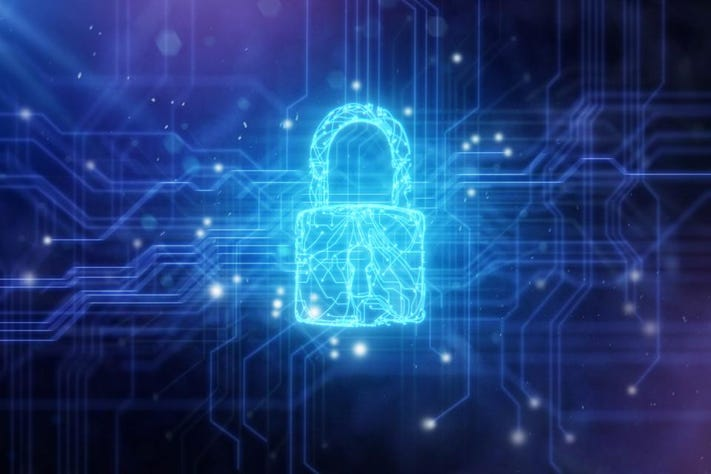Must know security essentials in database
A set of procedures and tools called database security are used to safeguard database management systems from malicious cyberattacks. Application security, data security, and endpoint security are combined into the challenging task of database security.
Security essentials in database systems aim to safeguard not only the data stored in
the database but also the data management system and applications that use the
database against misuse, data corruption, and infiltration. Protecting and
hardening the physical or virtual server hosting the database is another
component of database security.
In this blog we cover the best security essentials in database
systems:
·
Distinct
database and website servers
To increase security, separate your web server from your database server
to ensure isolation and stop lateral movement. Even if they gain access to your
admin account on the web server, hackers cannot access the database when there
are distinct servers involved.
Keep your database server and any non-essential servers and programs
apart. These servers may need to communicate to do particular tasks, but they
are not required to run the database. Make sure you only grant the permissions
necessary for effective operation when you allow communication.
A company like Techybex takes care of all the security essentials in Database Systems including different servers for websites and databases.
·
Database
Encryption
A fundamental best practice for database security is strong encryption.
Use the Transport Layer Security (TLS) protocol to encrypt all database
connections to secure data while it is being transmitted. To stop data loss or
theft, you should additionally encrypt any drives that contain data storage.
Use column-level encryption to protect the privacy of delicate data fields.
·
Use
sturdy authentication
The process of verifying that users or service accounts seeking to
access the database are whom they claim to be is known as database
authentication. A similar procedure is an authorization, which decides what
access the account should have to the database based on the verified
identification.
All databases should have strong authentication enabled because they are
virtually always mission-critical systems. Use two-factor authentication
whenever possible, for instance by fusing a password or PIN with something the
user possesses, such as a security token or smartphone.
·
Make
sure the database user accounts are secure
Smaller organizations might not be able to implement comprehensive
access management, but it is still crucial to control permissions through roles
or groups rather than by giving them to specific people. Authorized users must
authenticate each time they access the database because access management
software can generate temporary passwords with restricted access.
By using this method, password sharing is avoided, and accurate logging
of all sessions and activity is guaranteed.
Endnote
Experts in this domain offers comprehensive security for all forms of
databases. Techybex is a cloud and database-managed services provider company
that has all the answers to your security questions, visit their website now
and find out more! Keep in mind that data is power and its right utilization is
leverage to your business. But, people are out their always trying to poach
your data that you need to stop at any cost.




Comments
Post a Comment